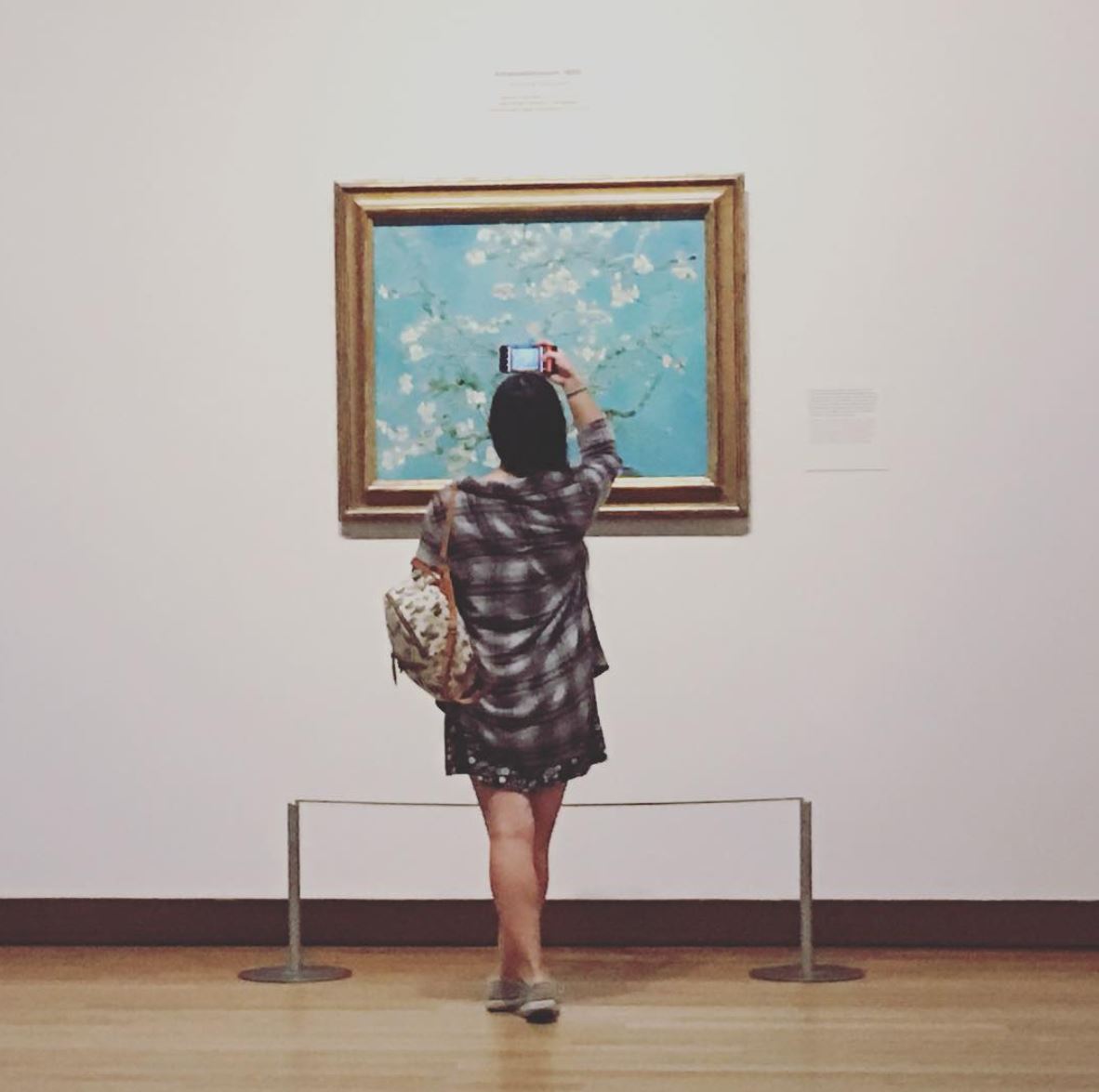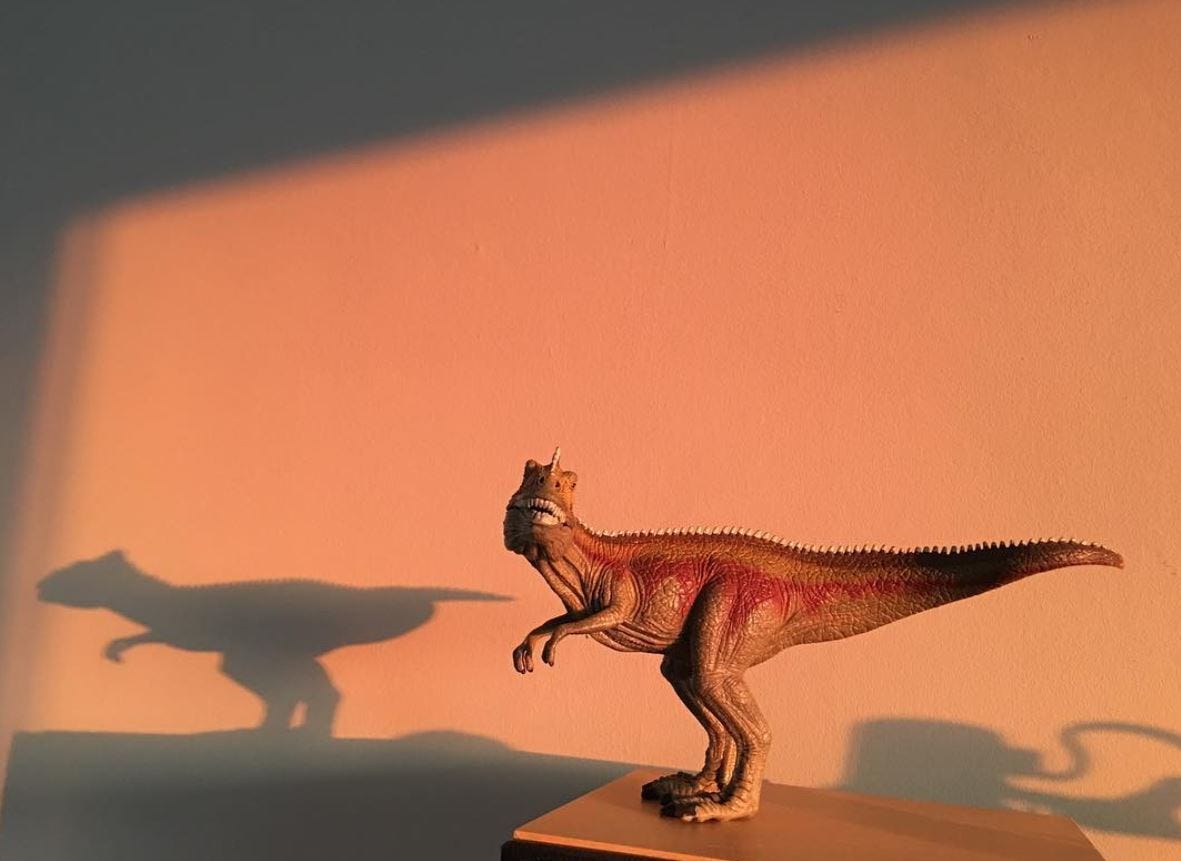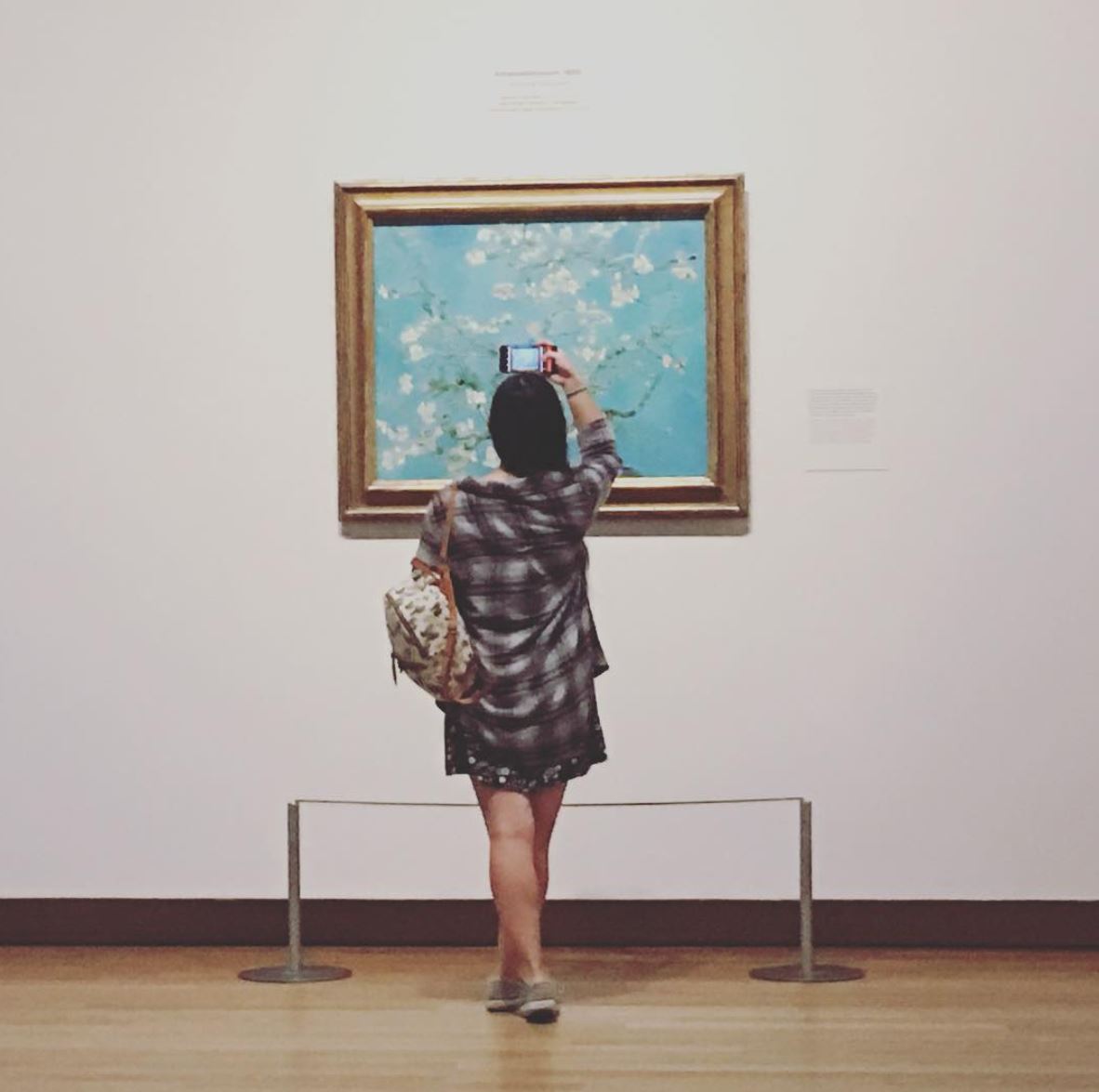
That’s the conclusion of new research, published by Science Daily in April 2018, which found that the simple act of taking a daily photo and sharing it, improves our well-being the research cited a number of factors, from self-care to community interaction and potential gains from reminiscence.
#356 is a social phenomenon, the online tag for more than 1.5 million Instagram posts and thousands of Blipfoto photos. Researchers argue that just sharing a photograph every day is “an active process of meaning making, in which a new conceptualization of well-being emerges.”
The same basic premise underlies other initiatives. The One Project is the first photography community to support self-management of depression and anxiety. Founder Bryce Evans argues that this shared endeavour — the project offers online well-ness “tools” conceived to help you become the best version of your authentic self — has tackled a complex issue by harnessing non-verbal communication techniques to challenge stereotypes around mental health. A private community, The One Project is becoming a global phenomenon with a goal of supporting one billion people.
In the words of Ralph Waldo Emerson, “Nothing is more simple than greatness … Indeed, to be simple is to be great”.
Instagram seems to prove Emerson’s point. Freely available to the public, its user interaction is so simple that billions of people post on Instagram every month, as a means of creative self-expression and to connect with others. While many of us do this without much thought for the consequences, the daily churn of images — an estimated 95 million posts per day — is the catalyst for a burgeoning new industry of social media advisory services. They offer reams of guidance and tactics to individuals, brands, and businesses eager to stand out and to be seen.
In August 2018, Esquire Magazine published reflections by Olivia Ovenden on ‘How two years of Instagram Stories has altered our behaviours’. Ovenden draws on personal experiences, coupled with expert perspectives, to explore the exaggerated and deceptive perceptions of our lives, activities and witnessed behaviours. “What at first seemed like carefree fun has become (for many) an endless, anxious routine of brand maintenance,” she writes.
Ovenden cites 2017 research which found that adverse effects from Instagram are worse for young people. The largest group of regular Instagram users are within the 18–34 age cohort.

“Such concerns pose new risks for mental health. “Social media has become a space in which we form and build relationships, shape self-identity, express ourselves, and learn about the world around us; it is intrinsically linked to mental health,”
according to Shirley Cramer, CBE, Chief Executive of Royal Society of Public Health.
Personally — despite falling slightly outside this demographic, age wise — I am a keen Instagram snapper. I post a daily-photo and know that many others who do the same. Of course, it helps to live in the picturesque city of Amsterdam. That makes my self-imposed task almost easy; but more than that, I value the time that I devote to looking out for something new, interesting or different.
What then is a healthy balance? Projects like The One Project provide space to be healthy. My daily fix on Instagram feels good. I will admit that my modest band of Instagram followers boost my self-esteem with their daily dose of validation, but I choose not to use Instagram Stories! However, my younger self may not have taken the time to consider the risks, or failed to believe even had I known.
When it comes to the health implications of social media, it’s hard to decide what’s good for us. Amid the contradictory advice and sensationalised media reports on the state of technology, it’s easy to follow the siren calls of those clever algorithms. Driven by our compulsive appetites, the tech industry is intent on developing ever more powerful channels and platforms.
In the face of this deluge, we remain mostly passive consumers. Instagram allows us to appear conscious, even as we hide behind a pixelated veil of our own personalised brand. Perhaps, as so often, an unintended consequence of our passivity is that we are waiting to become sick. Only then do we start to wonder how, and what, has happened to us.
About Ruth
Ruth studied at the THNK School of Creative Leadership and is the founder of #PersonBeforePatient and The Wilson Lab.


